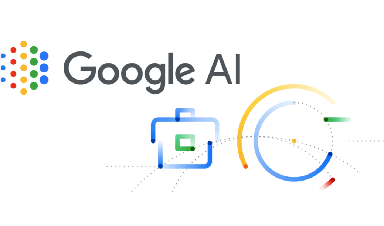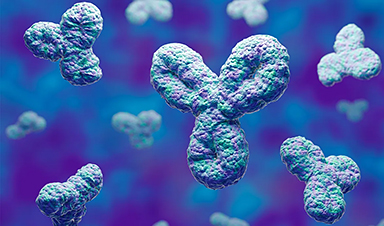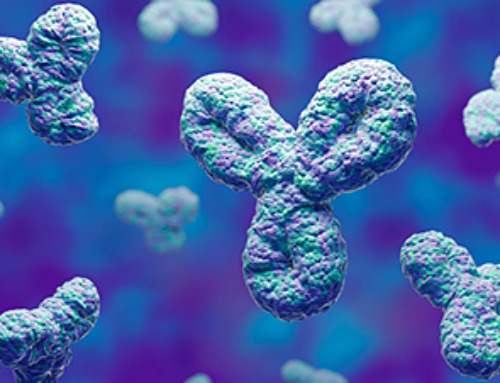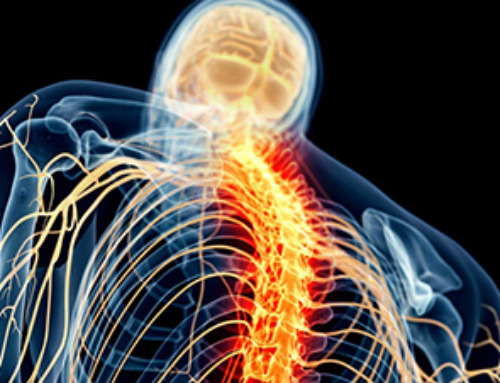From an article by Jon Markman at thestreet.com:
Using data, machine learning and AI, Alphabet managers are incubating vibrant new businesses in pharma and tech. One or more of these will become exciting stand-alone businesses.
This might seem a particularly bad time to be investing in big tech.
President Trump said Tuesday morning that his administration would look into accusations that Google has been secretly working with the Chinese military. The charge came from Peter Thiel, a PayPal (PYPL – Get Report) co-founder and strong supporter of the president.
On the other hand, Bloomberg reported Tuesday that DeepMind, the artificial-intelligence arm of Alphabet, (GOOGL – Get Report) might be on the cusp of a major breakthrough in the way new drugs are discovered.
It’s an important innovation. It’s hiding inside the search giant. And it couldn’t come at a better time.
This business is on to something really big. Using data, machine learning and AI, Alphabet managers are incubating vibrant new businesses with innovative business models. One or more of these will become exciting stand-alone businesses.
Some analysts are already doing sum-of-the-parts analyses and they like what they see.
A Jefferies analyst pegged the value of Waymo, Alphabet’s self-driving-car business, at $250 billion in December 2018, according to a story at Business Insider.
Alphabet’s market capitalization is $798 billion, with units including YouTube, Google Search, Google Cloud, Android, the Nest security camera and peripheral businesses, Google Capital, and Stadia, its new video game streaming service set to launch in November.
Together, these parts are probably worth well over $1 trillion.
Until now, the business opportunity for DeepMind was not even on investors’ radar.
The subsidiary has its roots in DeepMind Technologies, a British AI startup that was making progress teaching computers the quirks of human short-term memory. Alphabet acquired the business in 2014.
Two years later, its custom AlphaGo code was so advanced that it became the first computer program to defeat a human in a match of Go, the ancient Chinese strategy game. That human happened to be Lee Sedol, the 18-time world champion.
At the CASP13 meeting in Mexico in December 2018, DeepMind was at it again. This time its human challengers were the brightest minds in biology. The task was predicting the shapes of proteins.
Understanding these structures is important because they govern how diseases form. The problem is there are more possible protein shapes than there are atoms in the universe, Bloomberg notes.
The math has vexed computational biologists for the past 25 years. They have been trying to build more predictive software models for protein folding, the process that leads to proteins taking three-dimensional shapes.
Despite its limited experience with folding, AlphaFold, DeepMind’s entrant, predicted the most accurate structure for 25 out of 43 proteins, taking the top spot over 98 participating teams, according to a report in the Guardian.
Image Credit: Google AI
News This Week
Specially engineered antibody delivers RNA therapy to treatment-resistant tumors
Elias Quijano, PhD; Diana Martinez-Saucedo, PhD; Zaira Ianniello, PhD; and Natasha Pinto-Medici, PhD, there are 25 other contributors, most from Yale's Department of Therapeutic Radiology and from the departments of genetics, molecular biophysics and [...]
Vaccinated women face fewer cervical cancer risks
New data from Denmark shows the HPV vaccine’s powerful long-term impact, while also revealing why cervical cancer screening is still essential. A Danish study published in the journal Eurosurveillance reports that women who received the human [...]
3D-printed implant offers a potential new route to repair spinal cord injuries
A research team at RCSI University of Medicine and Health Sciences has developed a 3-D printed implant to deliver electrical stimulation to injured areas of the spinal cord, offering a potential new route to [...]
Nanocrystals Carrying Radioisotopes Offer New Hope for Cancer Treatment
The Science Scientists have developed tiny nanocrystal particles made up of isotopes of the elements lanthanum, vanadium, and oxygen for use in treating cancer. These crystals are smaller than many microbes and can carry isotopes of [...]
New Once-a-Week Shot Promises Life-Changing Relief for Parkinson’s Patients
A once-a-week shot from Australian scientists could spare people with Parkinson’s the grind of taking pills several times a day. The tiny, biodegradable gel sits under the skin and releases steady doses of two [...]
Weekly injectable drug offers hope for Parkinson’s patients
A new weekly injectable drug could transform the lives of more than eight million people living with Parkinson's disease, potentially replacing the need for multiple daily tablets. Scientists from the University of South Australia [...]
Most Plastic in the Ocean Is Invisible—And Deadly
Nanoplastics—particles smaller than a human hair—can pass through cell walls and enter the food web. New research suggest 27 million metric tons of nanoplastics are spread across just the top layer of the North [...]
Repurposed drugs could calm the immune system’s response to nanomedicine
An international study led by researchers at the University of Colorado Anschutz Medical Campus has identified a promising strategy to enhance the safety of nanomedicines, advanced therapies often used in cancer and vaccine treatments, [...]
Nano-Enhanced Hydrogel Strategies for Cartilage Repair
A recent article in Engineering describes the development of a protein-based nanocomposite hydrogel designed to deliver two therapeutic agents—dexamethasone (Dex) and kartogenin (KGN)—to support cartilage repair. The hydrogel is engineered to modulate immune responses and promote [...]
New Cancer Drug Blocks Tumors Without Debilitating Side Effects
A new drug targets RAS-PI3Kα pathways without harmful side effects. It was developed using high-performance computing and AI. A new cancer drug candidate, developed through a collaboration between Lawrence Livermore National Laboratory (LLNL), BridgeBio Oncology [...]
Scientists Are Pretty Close to Replicating the First Thing That Ever Lived
For 400 million years, a leading hypothesis claims, Earth was an “RNA World,” meaning that life must’ve first replicated from RNA before the arrival of proteins and DNA. Unfortunately, scientists have failed to find [...]
Why ‘Peniaphobia’ Is Exploding Among Young People (And Why We Should Be Concerned)
An insidious illness is taking hold among a growing proportion of young people. Little known to the general public, peniaphobia—the fear of becoming poor—is gaining ground among teens and young adults. Discover the causes [...]
Team finds flawed data in recent study relevant to coronavirus antiviral development
The COVID pandemic illustrated how urgently we need antiviral medications capable of treating coronavirus infections. To aid this effort, researchers quickly homed in on part of SARS-CoV-2's molecular structure known as the NiRAN domain—an [...]
Drug-Coated Neural Implants Reduce Immune Rejection
Summary: A new study shows that coating neural prosthetic implants with the anti-inflammatory drug dexamethasone helps reduce the body’s immune response and scar tissue formation. This strategy enhances the long-term performance and stability of electrodes [...]
Scientists discover cancer-fighting bacteria that ‘soak up’ forever chemicals in the body
A family of healthy bacteria may help 'soak up' toxic forever chemicals in the body, warding off their cancerous effects. Forever chemicals, also known as PFAS (per- and polyfluoroalkyl substances), are toxic chemicals that [...]
Johns Hopkins Researchers Uncover a New Way To Kill Cancer Cells
A new study reveals that blocking ribosomal RNA production rewires cancer cell behavior and could help treat genetically unstable tumors. Researchers at the Johns Hopkins Kimmel Cancer Center and the Department of Radiation Oncology and Molecular [...]






















Leave A Comment